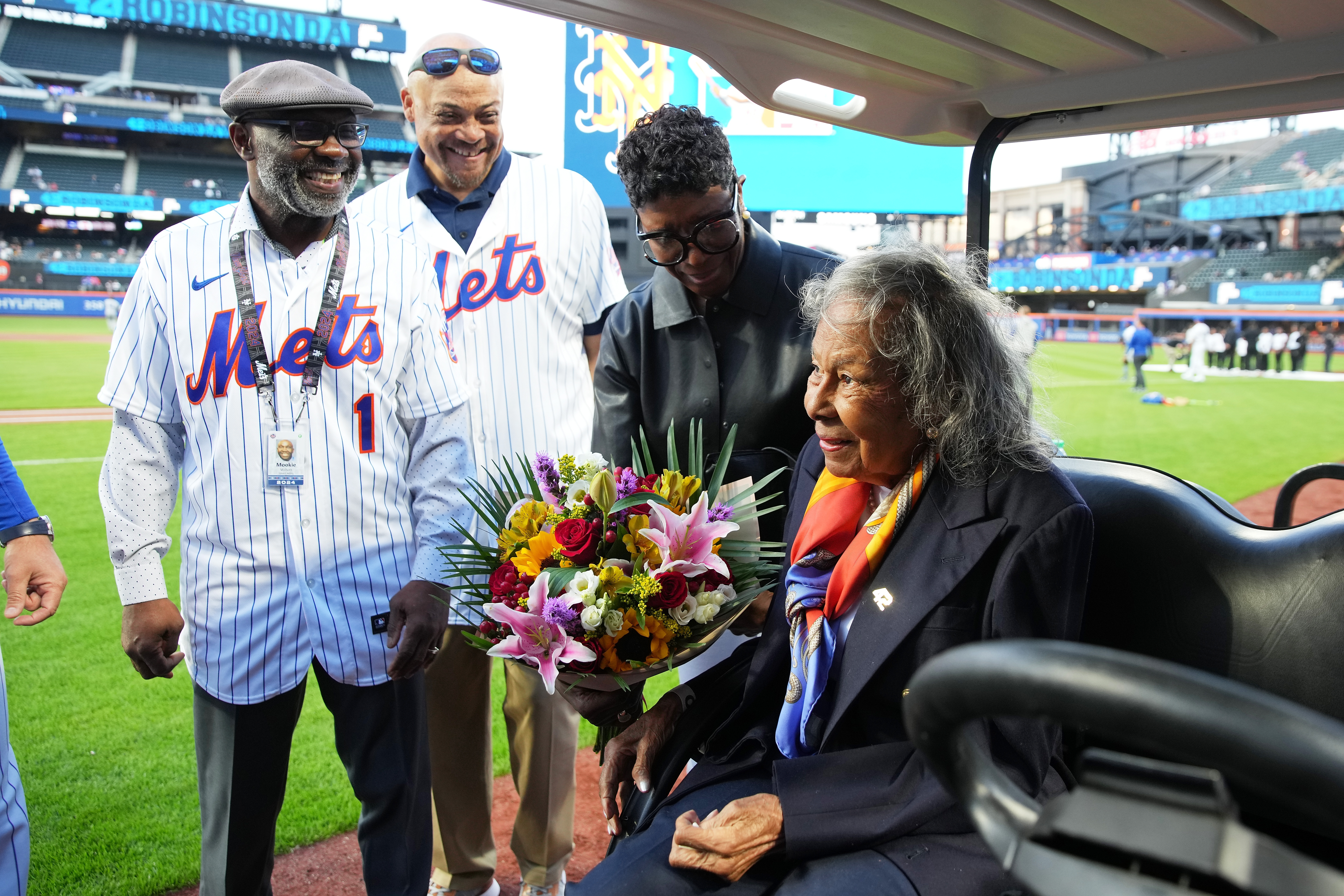In the big picture — and that's what has really mattered right from the beginning of this season — something quite positive happened for the Phillies on Wednesday night: A young, promising pitcher took a nice step forward and for the second straight start offered hope that he might just be a reliable piece of the rotation when this rebuilding club is ready to be relevant again.
But in the narrow view, it was easy to look right past Nick Pivetta's six innings of three-run, 10-strikeout ball. That's how bad the losing has been. Every night offers a gaper delay on the highway to 100 losses.
Did we say 100?
How about 111? That's the Phillies' current pace after an ugly 7-6 loss to the St. Louis Cardinals (see Instant Replay) — and 111 losses would match a franchise high set in 1941 when Doc Prothro's club went 43-111.
It's bad, folks.
But you already knew that.
MLB
This one was especially unsightly for how the Phillies lost it. They blew a five-run lead under the weight of a barrage of home runs — two against the bullpen in the eighth and ninth innings — had the potential winning run cut down at the plate by 20 feet in the bottom of the ninth then lost it in the 10th after a troubling meltdown by reliever Edubray Ramos.
You almost had to see it to believe it. And if you didn't see it, don't bother looking for a replay. It will only hurt your eyes.
"We let that five-run lead get away from us," manager Pete Mackanin said. "Real disappointing night. Pivetta did a really good job for us, gave us six good innings. And we had 16 hits; you have to win a game when you get 16 hits. We couldn't push any more runs across until that 10th inning. Very disappointing."
Pivetta — 19 strikeouts in his last two starts — took a 5-0 lead to the mound in the fifth and was tagged for a home run on a 3-2 fastball in that inning. No problem. He issued a two-out walk in the sixth then served up a first-pitch, two-run homer to Jedd Gyorko. Little problem, but not fatal.
Things started to turn bad in the eighth when reliever Joaquin Benoit served up a first-pitch homer to Jose Martinez to make it a one-run game and they got worse when Hector Neris blew his second save in three games when he gave up a game-tying homer to Tommy Pham (his second of the game) on a 1-1 fastball in the ninth.
In the 10th, Ramos gave up a leadoff double to Martinez. The reliever then balked Martinez to third and gifted him home plate on an errant pickoff throw to first base. (It sailed way over Tommy Joseph's head.) The Cards ended up scoring two runs in the frame. The second one came in handy when the Phils pushed across one in the bottom of the inning.
Ramos looks like a pitcher who needs to go to the minors to clear his head. In his last three outings, he has faced eight batters and allowed three hits, three walks and seven runs. He has also committed a costly balk and a costly error, signs that's he becoming a little overwhelmed.
"I don't know what to tell you," Mackanin said. "It looks like he's mixed up or something. He's not the same guy."
Ramos declined to speak with reporters after the game.
But Odubel Herrera and Pat Neshek did agree to chat.
Neshek, the Phillies' best reliever, was conspicuously absent from a close game. He threw 28 pitches Sunday, had a day off Monday and threw 11 on Tuesday. He was not available. What was curious was that Mackanin said Neshek had told him he was sore. Neshek said he never said such a thing, that he showed up to the ballpark and was told he was getting a day off, which he actually thought was a good idea. But sore? Not so, he said.
As for Herrera, he drew attention for running through third base coach Juan Samuel's stop sign in the bottom of the ninth inning and getting nailed at the plate for the final out. Samuel said it was the first time a player had ever run through one of his stop signs. In this case, Herrera almost ran him over.
"It's just bad timing for it," Samuel said.
There was some question as to whether Samuel's stop sign went up too late, but Herrera dismissed that. He said he was simply running with his head down.
"I was playing aggressive," he said. "I wanted to win the game. So when I was rounding third, I put my head down. I kept going to home plate. I saw [the stop sign]. But I saw it late. I put my head down. That's my mistake."
Making a mistake didn't make Herrera unique Wednesday night.
"The mistakes we're making are giving the other team too many pitches to hit," Mackanin said. "Those are our mistakes. Especially late in the game."


